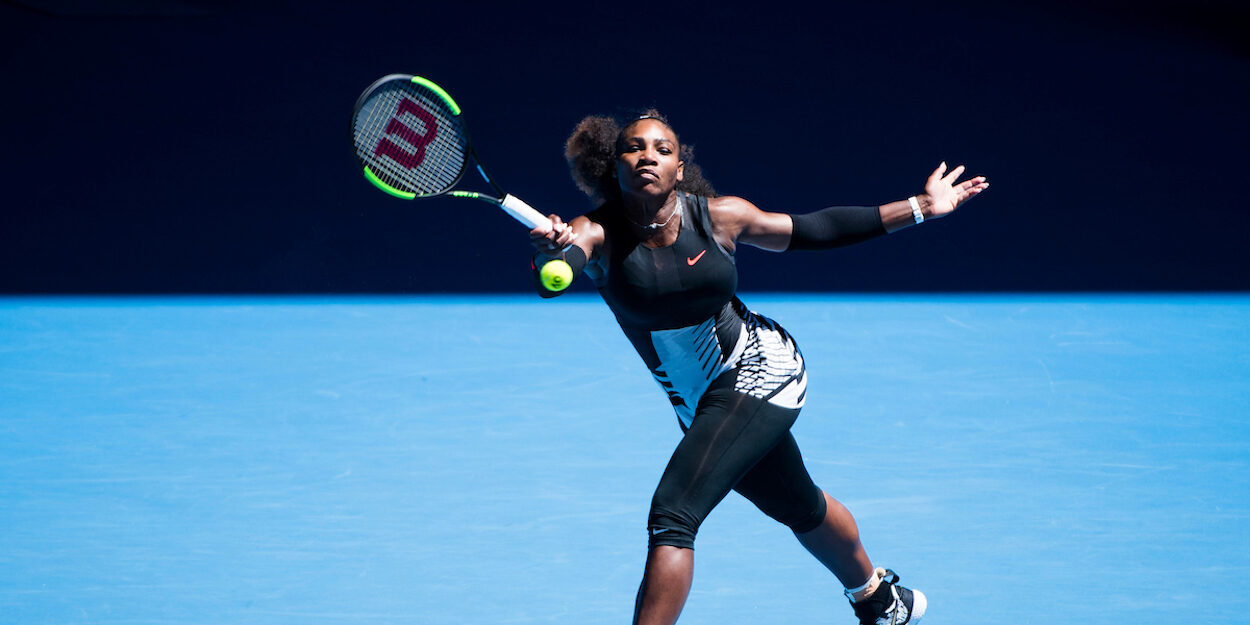
Serena Williams on Sinner’s ban: “I would have gotten 20 years”
The 23-time Grand Slam champion Serena Williams highlights perceived double standards in tennis doping sanctions following Jannik Sinner’s three-month suspension.
In a recent interview with Time Magazine, Serena Williams expressed her belief that she would have faced significantly harsher penalties than Jannik Sinner did for a doping violation. Sinner, the current men’s world number one, received a three-month suspension after testing positive twice for the anabolic agent clostebol, which was attributed to contamination from a team member’s spray. Williams stated, “If I did that, I would have gotten 20 years. Let’s be honest. I would have gotten Grand Slams taken away from me.” She emphasized her strict adherence to anti-doping regulations throughout her career and pointed out the disparities in how doping cases are handled across different players. Williams also referenced past instances where she felt she was subjected to more rigorous testing compared to her peers.
Williams further discussed the case of Maria Sharapova, who received a 15-month suspension in 2016 for testing positive for meldonium, a substance she claimed to have used for medical reasons. Williams expressed sympathy for Sharapova, noting the severity of her punishment compared to Sinner’s. She also reflected on her own experiences, stating that she was frequently tested more than other players, including being tested four times more than then-American No.1 Sloane Stephens in 2018. Despite never testing positive, Williams felt she was under constant scrutiny.
Serena Williams’ assertion that she would have faced a harsher punishment than Sinner did stems from a long-standing perception of double standards in the way doping cases are handled, particularly regarding race, gender, and public scrutiny. Under the World Anti-Doping Agency (WADA) and ITIA rules, an athlete can face up to a four-year ban for a first-time anti-doping violation, which can be reduced significantly if the athlete proves no significant fault or negligence, or if contamination is confirmed. Williams has previously been outspoken about how she believes she has been disproportionately targeted by drug testing authorities throughout her career.
Sinner is set to return to the tour on May 7th for the Italian Open.
Inside the Baseline…
It’s hard to read Serena’s comment and not agree. Whether or not you believe Sinner’s positive test was a mistake, Serena’s point isn’t really about him; it’s about how the rules seem to bend depending on who you are. Her legacy is stacked with unfair treatment receipts, and she’s earned the right to call it out. The conversation she’s sparked is bigger than just doping protocols. It’s about accountability and how long the sport has looked the other way for some while coming down hard on others. The other side of it is Serena has been a high-profile tennis player for her entire career, so her remarks are interesting and bring up other issues about the inconsistencies in tennis rulings.
READ NEXT: “Can you tell her to wear deodorant?” – Harriet Dart
![]() Join >> Receive $700/£600 of tennis gear from the Tennishead CLUB
Join >> Receive $700/£600 of tennis gear from the Tennishead CLUB
![]() Social >> Facebook, Twitter & YouTube
Social >> Facebook, Twitter & YouTube
![]() Read >> World’s best tennis magazine
Read >> World’s best tennis magazine
![]() Shop >> Lowest price tennis gear from our trusted partner
Shop >> Lowest price tennis gear from our trusted partner


